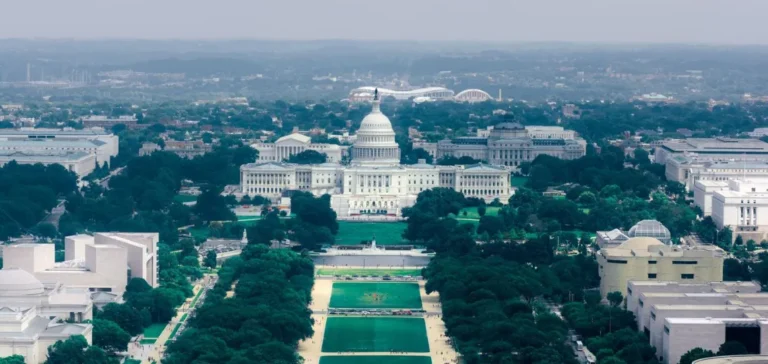The U.S. Department of Transportation (DoT) officially announced the cancellation of the Corporate Average Fuel Economy (CAFE) standards implemented under the Biden administration. This decision follows the determination that these rules exceeded their legal authority by significantly incorporating electric vehicles (EVs) into their calculations. Initially, the CAFE standards aimed for an ambitious average performance across automotive fleets, setting a target of 50.4 miles per gallon (approximately 4.67 liters per 100 kilometers) by 2031. These objectives had previously triggered intense debates and legal actions from major automakers.
A Reconsidered Regulatory Framework
Transportation Secretary Sean Duffy stated that the standards implicitly constituted a disguised mandate favoring electric vehicles, exceeding the legislative scope initially intended by the CAFE program. A new directive titled “Resetting the CAFE Program” has been published, marking a fundamental revision of the existing regulatory framework. This directive explicitly proposes to exclude the growing proportion of electric vehicles from the overall calculation of performance requirements for automakers, thus adjusting previously established targets. This regulatory change potentially paves the way for significant relaxation of the criteria imposed on the American automotive industry.
Reactions and Immediate Economic Impacts
This revision partly responds to recurrent demands made by major industrial groups such as General Motors and Stellantis, which had deemed these standards excessively restrictive for internal combustion vehicles. In parallel, Republican senators have submitted proposals to eliminate financial penalties imposed on automakers failing to meet initial CAFE criteria. The DoT’s stated goal is to alleviate financial burdens associated with regulatory compliance, thereby facilitating the production and marketing of internal combustion vehicles without the implicit requirement of integrating large numbers of electric vehicles into their fleets.
Sector Challenges and Outlook
According to initial estimates, strict enforcement of the standards adopted during the Biden administration would have saved approximately 64 billion gallons of gasoline and avoided emissions of about 659 million tons of carbon dioxide (CO₂). Removing these standards could significantly reorient automakers’ strategies, potentially allowing greater flexibility in managing their vehicle portfolios. This development occurs in a strained economic context for the automotive industry, facing increasing challenges related to raw material costs and the availability of critical electronic components.
Manufacturers must now rapidly readjust their production strategies and commercial forecasts to integrate these new regulatory realities. Financial markets will likely closely monitor the reaction of major automotive players and the immediate economic repercussions of this regulatory shift.






















